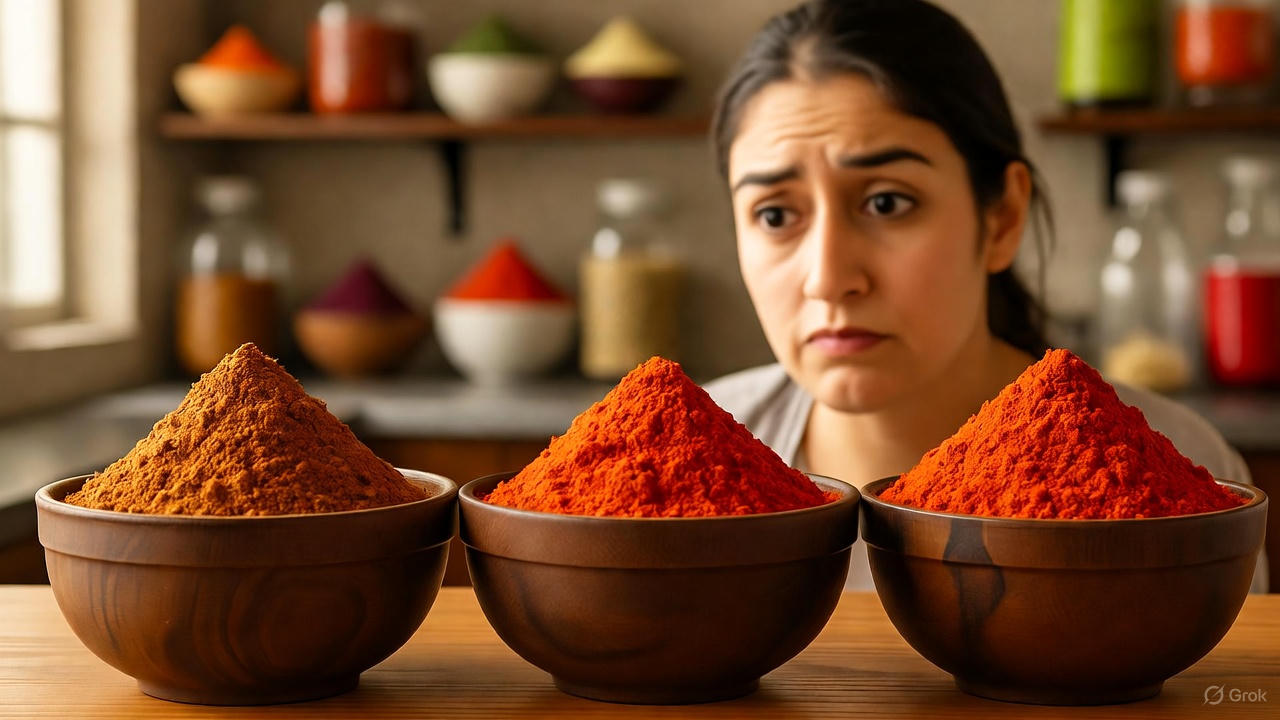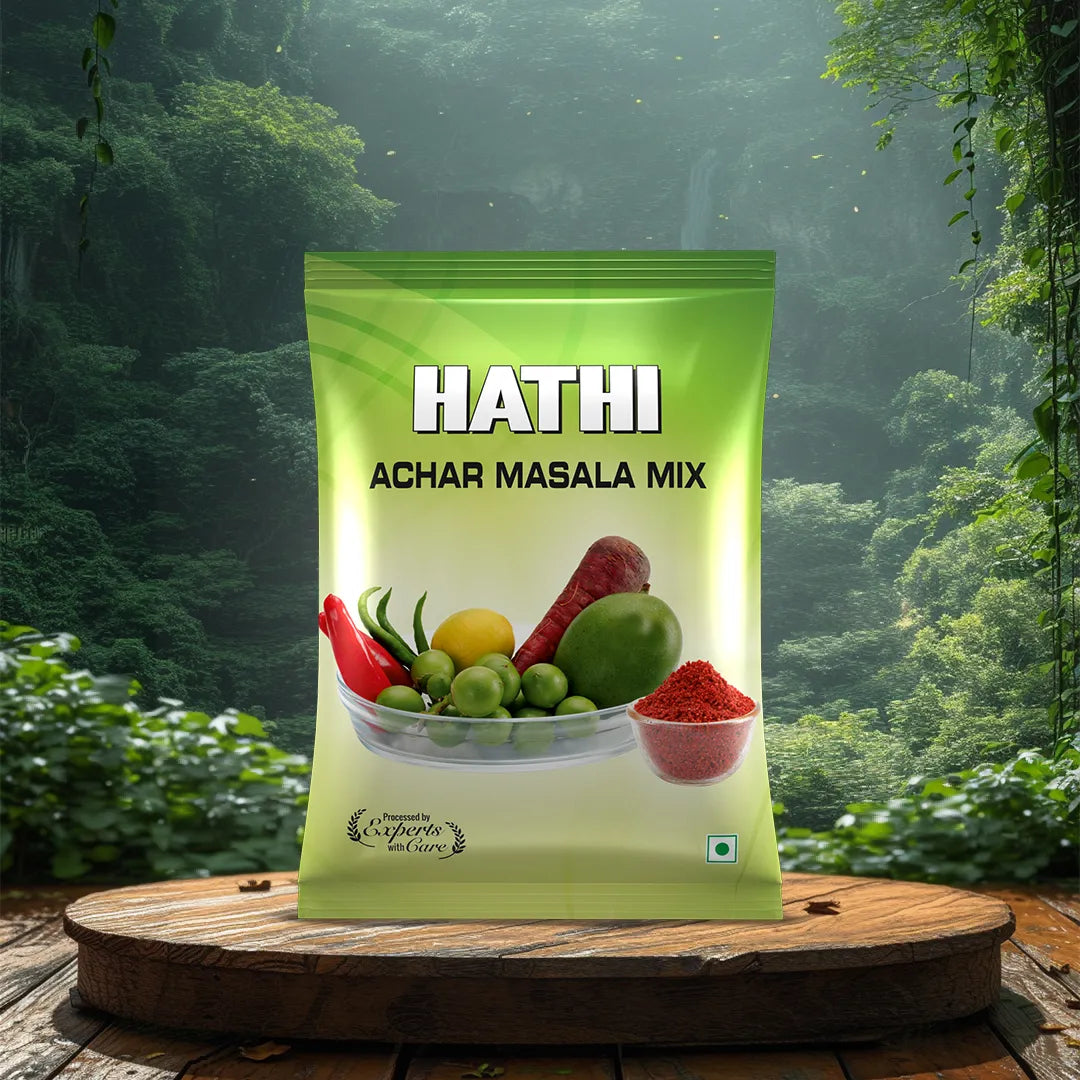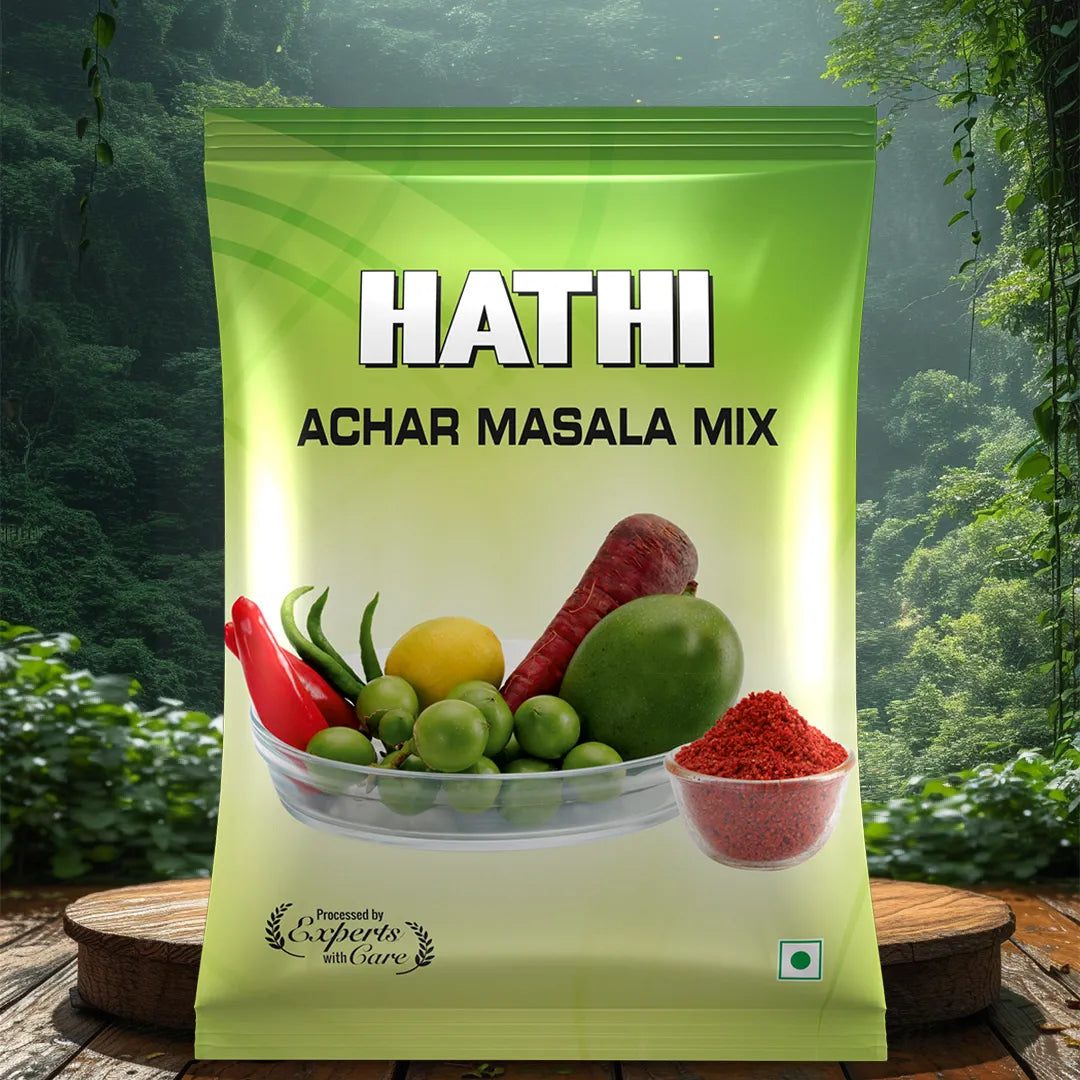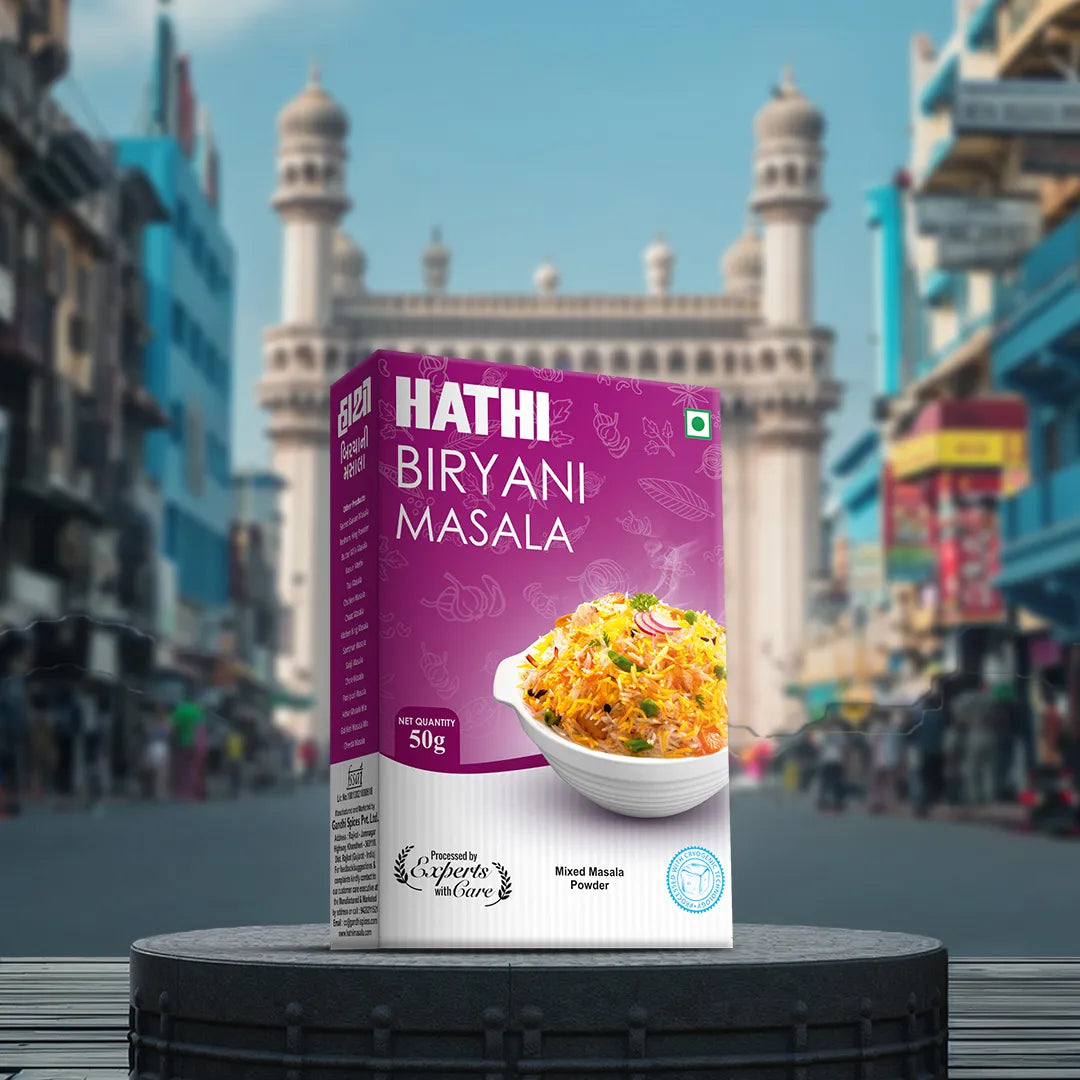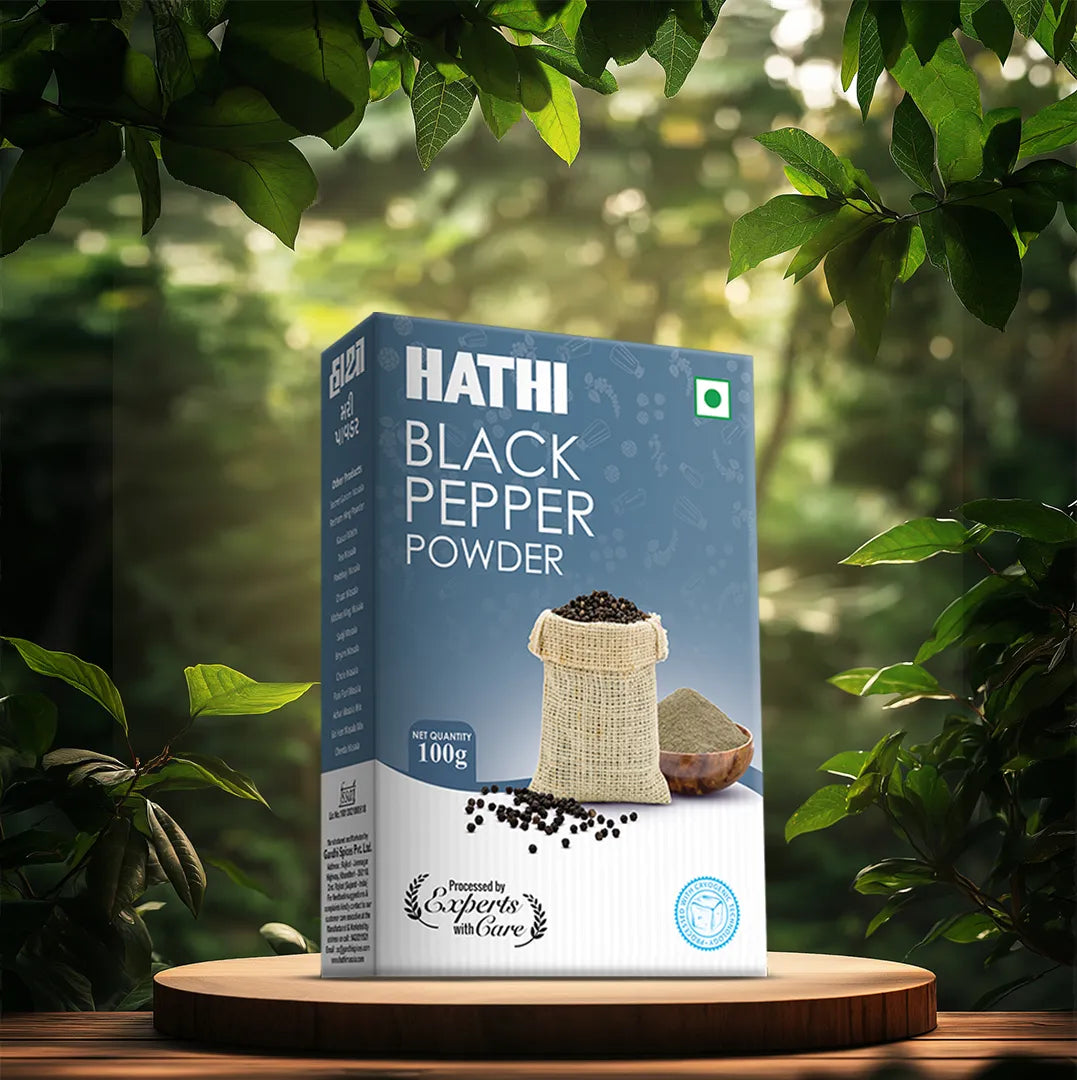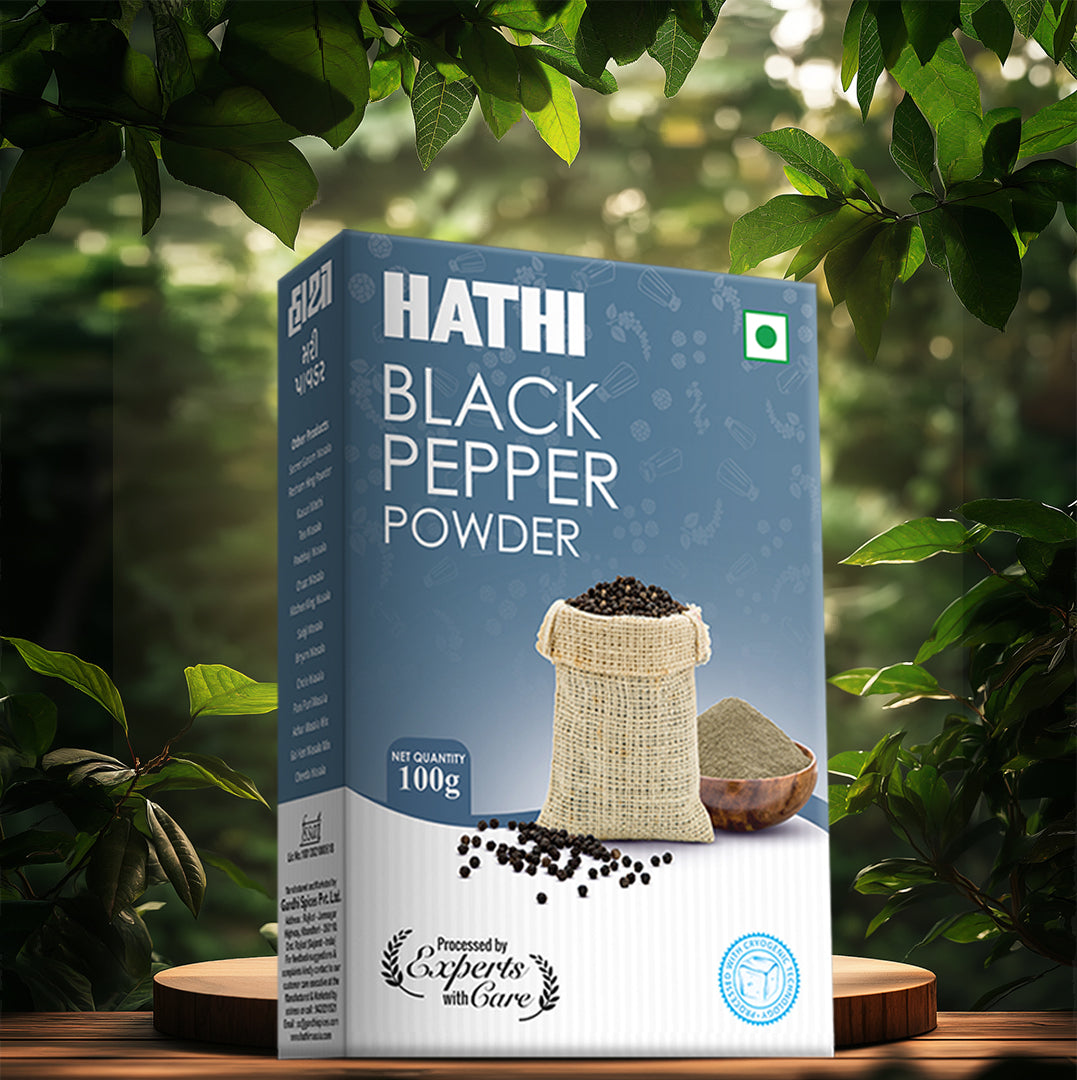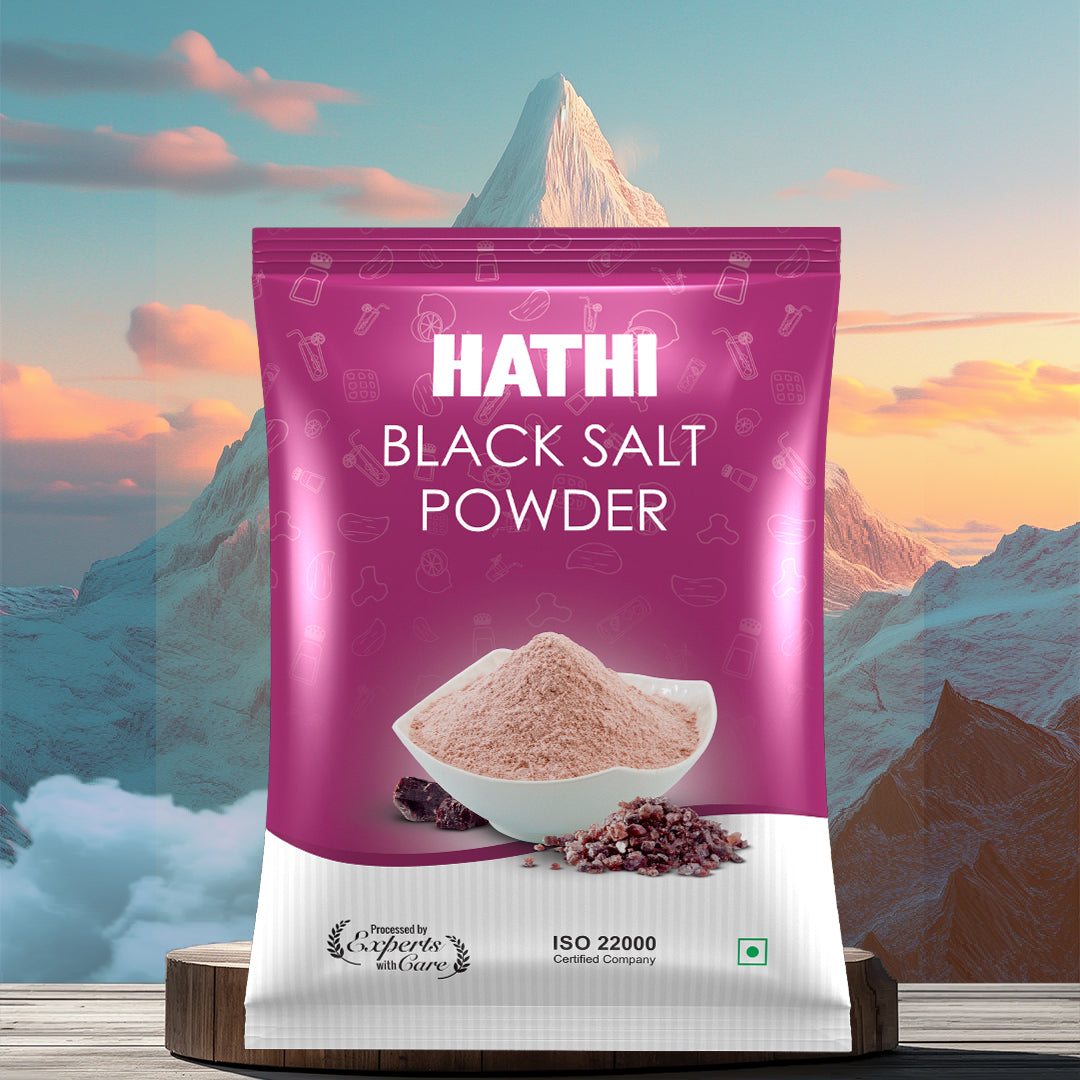When we think of superfoods, exotic names like quinoa, chia seeds, or kale often come to mind. But India, with its rich agricultural heritage, has its treasure trove of nutritious, lesser-known foods. These superfoods contain essential nutrients, antioxidants, and health-boosting properties.
The best part is that these foods have been part of traditional Indian diets for centuries. They can help improve digestion, boost immunity, and enhance overall well-being.
1. Makhana (Fox Nuts)
Makhana, also known as fox nuts or lotus seeds, is a light and crunchy snack in India. It is rich in protein, calcium, and antioxidants, making it a great choice for anyone looking for a healthy snack. Makhana is low in calories and high in fibre, making it ideal for weight management.

Health Benefits:
- Low in calories and good for weight management
- Rich in calcium, supports bone health
- High in antioxidants, helps reduce inflammation
2. Moringa (Drumstick Tree Leaves)
Moringa, often referred to as the "miracle tree," is packed with vitamins A, C, and E, along with calcium and iron. Moringa leaves are used in various Indian dishes, from curries to soups. It’s well known for its immune-boosting properties and is considered a natural energy booster.

Health Benefits:
- Rich in vitamins and minerals
- Boosts immunity and energy levels
- Supports skin and hair health
3. Niger Seeds (Ramtil)
Niger seeds, or ramtil, are tiny black seeds that are rich in healthy fats, proteins, and dietary fibre. They contain essential fatty acids like omega-3 and omega-6, which are good for heart health. Niger seeds are also a good source of calcium, magnesium, and zinc.

Health Benefits:
- Supports heart health with healthy fats
- High in protein and fibre
- Good for bone health due to its mineral content
4. Buckwheat (Kuttu)
Buckwheat, known as kuttu in India, is gluten-free and often consumed during fasting periods. Despite its name, it is not related to wheat and is rich in fibre, protein, and essential nutrients like magnesium. Buckwheat helps control blood sugar levels and promotes heart health.

Health Benefits:
- Rich in fibre and good for digestion
- Supports heart health
- Helps regulate blood sugar levels
5. Pearl Millet (Bajra)
Pearl millet, or bajra, is a widely consumed grain in India, especially in rural areas. It is rich in fibre, iron, and magnesium, making it a great food for improving digestion and boosting energy levels. Bajra is also gluten-free and good for people with celiac disease.

Health Benefits:
- Improves digestion with high fibre content
- Good for energy and metabolism
- Supports bone health due to its rich mineral content
6. Bamboo Shoots
Bamboo shoots are a popular ingredient in many Asian cuisines, including India. They are low in calories but rich in dietary fibre and essential minerals like potassium and manganese. Bamboo shoots are known for their detoxifying properties and can help improve digestion.

Health Benefits:
- Low in calories, helps in weight management
- Rich in fibre, improves digestion
- Supports detoxification and gut health
7. Mahua (Madhuca Longifolia)
Mahua is a tree found in central India, and its flowers are commonly used to make a traditional drink. The seeds and flowers are rich in vitamins and minerals, particularly iron and calcium. Mahua is believed to have cooling properties and is often used to treat digestive issues and inflammation.

Health Benefits:
- Rich in vitamins and minerals, especially iron
- Supportws digestive health
- Helps reduce inflammation and promote cooling
8. Surti Val Beans
Surti val beans, commonly found in Gujarat, are a type of broad bean that is highly nutritious. They are rich in protein, dietary fibre, and essential minerals like potassium and magnesium. These beans are often used in traditional curries and stews.

Health Benefits:
- High in protein and fibre
- Supports heart and digestive health
- Helps in maintaining healthy blood pressure
9. Gond Katira (Tragacanth Gum)
Gond katira is a natural gum obtained from the sap of the tragacanth plant. It is commonly used in Indian desserts and cooling drinks. Gond katira is known for its cooling properties and is often consumed in summer. It is also good for bone health and helps in muscle recovery.

Health Benefits:
- Helps cool the body
- Supports bone health
- Aids in muscle recovery
10. Amaranth (Rajgira)
Amaranth, also known as rajgira, is a tiny seed that is gluten-free and rich in protein, fibre, and essential minerals like calcium and magnesium. It is an excellent source of plant-based protein, making it a great food for vegetarians. Amaranth can help improve digestion and support bone health.

Health Benefits:
- Rich in vitamin C, boosts immunity
- Improves skin and hair health
- Aids in digestion and metabolism
11. Amla (Indian Gooseberry)
Amla is one of the richest sources of vitamin C and is often consumed in various forms, including raw, pickled, or as a juice. It is well-known in Ayurvedic medicine for its immune-boosting properties. Amla also helps improve skin and hair health and aids digestion.

Health Benefits:
- Rich in vitamin C, boosts immunity
- Improves skin and hair health
- Aids in digestion and metabolism
12. Nettle Leaves (Bichu Buti)
Nettle leaves are often used in traditional Indian remedies. They are rich in vitamins A and C, iron, and calcium. Nettle leaves have anti-inflammatory properties and are known to improve skin health, reduce allergies, and boost immunity.

Health Benefits:
- Supports immune health
- Reduces inflammation
- Improves skin and hair health
13. Jackfruit
Jackfruit is a tropical fruit that is becoming increasingly popular as a meat substitute due to its texture. It is rich in dietary fibre, vitamins, and antioxidants. Jackfruit helps improve digestion, boosts immunity, and supports heart health.

Health Benefits:
- Rich in dietary fibre, improves digestion
- Supports immune health
- Helps maintain heart health with antioxidants
14. Alsi Seeds (Flax Seeds)
Alsi seeds, also known as flax seeds, are rich in omega-3 fatty acids, fibre, and lignans. These tiny seeds are excellent for heart health and digestion. Flax seeds also help in managing cholesterol levels and support healthy skin.

Health Benefits:
- High in omega-3 fatty acids, supports heart health
- Rich in fibre, aids digestion
- Helps manage cholesterol levels
15. Kokum
Kokum is a tropical fruit found in the Western Ghats of India. It is often used as a souring agent in Indian cooking but is also rich in antioxidants. Kokum is known for its cooling properties and is used to treat digestive issues, inflammation, and heart problems.

Health Benefits:
- Rich in antioxidants, promotes heart health
- Aids in digestion and reduces inflammation
- Cooling properties help beat the heat
16. Mango Ginger (Curcuma Amada)
Mango Ginger, or Curcuma Amada, is a root that looks like ginger but has a taste reminiscent of raw mango. It is commonly used in pickles and chutneys. Mango ginger has anti-inflammatory properties and is great for digestion. It also supports skin health.

Health Benefits:
- Anti-inflammatory properties
- Supports joint health
- Improves digestion
- Helps maintain healthy skin
17. Tamarind
Tamarind is not just a flavour-enhancing agent in Indian cuisine; it is also a nutritional powerhouse. It contains essential vitamins, minerals, and antioxidants. Tamarind helps improve digestion, control cholesterol levels, and manage diabetes.

Health Benefits:
- Helps regulate blood sugar levels
- Rich in antioxidants
- Promotes digestive health
18. Bitter Gourd (Karela)
Bitter gourd, or karela, is a vegetable that may not be favoured for its taste but is highly beneficial for health. It is rich in vitamins, minerals, and antioxidants. Bitter gourd helps regulate blood sugar levels, improves digestion, and boosts immunity.

Health Benefits:
- Helps manage diabetes
- Supports digestive and immune health
- Rich in antioxidants and vitamins
19. Bael (Wood Apple)
Bael fruit, also known as wood apple, is commonly consumed as a juice during the summer. It is a rich source of vitamins A, B, and C, as well as minerals like potassium and calcium. Bael is known for its cooling effect and its ability to improve digestion and treat gastrointestinal issues.

Health Benefits:
- Supports digestive health
- Rich in vitamins and minerals
- Promotes hydration and cooling
20. Jowar (Sorghum)
Jowar, or sorghum, is an ancient grain that is gluten-free and packed with nutrients like fibre, protein, and iron. It is great for digestion, supports heart health, and is ideal for those with gluten intolerance.

Health Benefits
- Supports digestive health
- High in fibre and protein
- Gluten-free and great for heart health
Conclusion
India’s unlikely superfoods may not always make headlines, but they have been quietly supporting the health of generations. These nutrient-rich foods are versatile, affordable, and accessible, offering a range of health benefits. By incorporating these superfoods into your daily diet, you can enjoy improved digestion, boosted immunity, better skin and hair health, and more.
Whether you choose makhana for a quick snack or moringa for a nutritional boost, these hidden gems from India’s agricultural bounty are worth adding to your meals. Embracing these superfoods is not just a way to honour traditional Indian diets but also a path toward better overall health.





